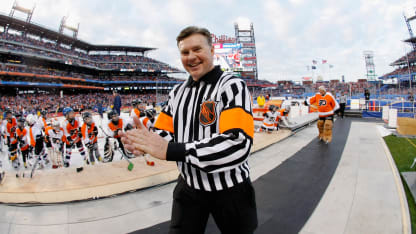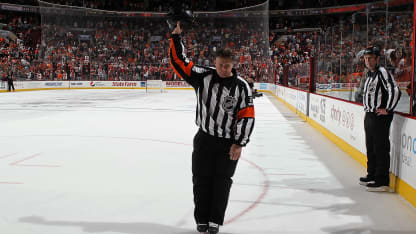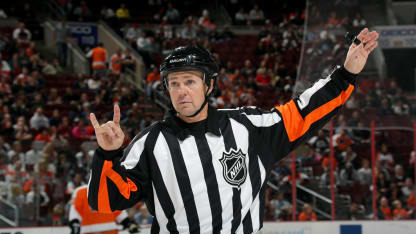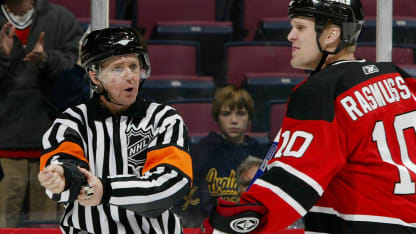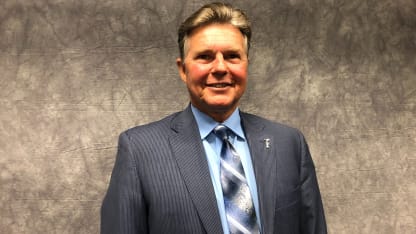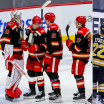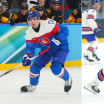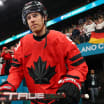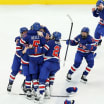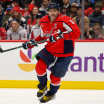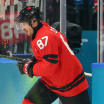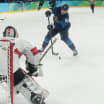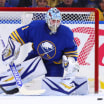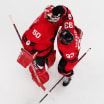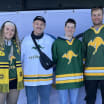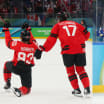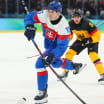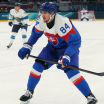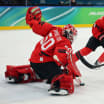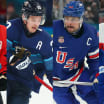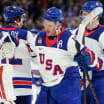How has being told you have cancer changed you?
"I'm definitely a Type A personality; I know that about myself. It might have helped me as a referee; it didn't help me in some other situations, sometimes with family and friends. Nonetheless, once you receive a diagnosis that can be life-threatening, life-ending, your perspective changes. You start to look at things differently. You don't sweat the small stuff; at least, I don't. It gave me the thought that I've got to look after myself -- I need to do that for my family, which I love and adore. They want me around. I've got to work at whatever I need to do for them. It also gave me the perspective of, how can I help others? I want to be able to give to others and not worry about myself. I feel very blessed with what I've been given, because there are many other people who are in a much more difficult spot than I am. But I also have an opportunity, through some minor celebrity status, to raise funds, to help others feel good, whether it's going on the ice with them, refereeing games for charity, celebrity games to raise funds for cancer research, etc. It really does give you a different perspective on life.
"While I'm riding the exercise bike now, I don't look at the screen. There might be a ride through France or something like that. But I drop my head and I think about the people I'm praying for that have cancer -- my brother being one, and others who have asked for my prayers. The ride goes by very quickly because you take it away from yourself. It's not that you're the most important thing in your universe, it's the others that you're about to pray for, to help, to raise funds for. It's such a gift."
Do you still have some involvement with hockey?
"I do a radio show every Tuesday with Chris "Knuckles" Nilan on TSN 690 out of Montreal. There were two players throughout my career that I would have to say -- "hate" is a very strong word, but if it wasn't, [it was] close to what they felt for me. Knucks and I, after we both retired, he's doing terrific. He's had some very public issues that he had to endure. While we were on a tour with the Boston Bruins alumni -- Ray Bourque and Terry O'Reilly and Rick Middleton and Kenny Linseman, a whole bunch of guys -- Knucks was going through some personal issues in recovery and I helped him out during that week we were together, minimally. We bonded; we are dear friends. It just goes to show you that you can be in adversarial roles as a ref and a player, even to the point of major dislike, but when it's all said and done and the whistle is put away and the hockey stick and the gloves are hung up, we're the same. We're just people who love the game of hockey. We had a great career through it. I have a whole bunch of history and memories that will be in my heart until the day I die. I'm going to love this game, want the best for the game. There's no better game in the world. But there's life after hockey."
